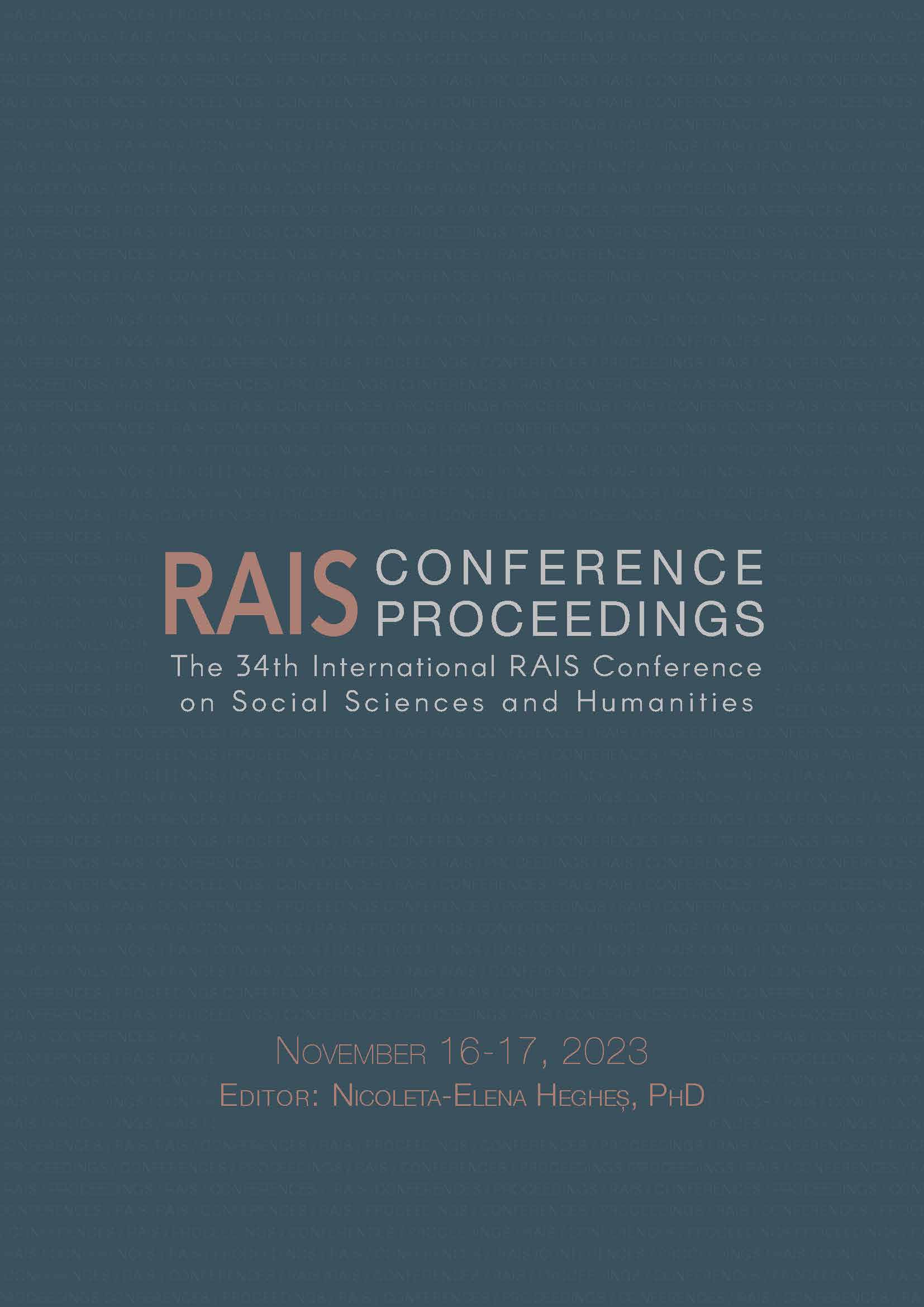Establishing the Frontier of International Law: The Nuremberg Trial
Establishing the Frontier of International Law: The Nuremberg Trial
Author(s): Jamie Kim
Subject(s): International Law, Human Rights and Humanitarian Law
Published by: Scientia Moralitas Research Institute
Keywords: World War II; Nuremberg Trials; Nazism; Genocide; Jurisprudence; International Law;
Summary/Abstract: Conducted from 1945-1946, the Nuremberg Trials were the first instance of justice for the unique crime of genocide, and redefined international law and obligation, setting a precedent for holding individuals responsible in cases of human rights violations. The trial and conference transcripts and images of the time tell the story of nations attempting to navigate through the inherent clash between national sovereignty and international law, as well as creating an entirely new international code. Controversy, however, remains on the desired outcome of the trials as contention remains over the Allied powers’ use of the Nuremberg Trials for propaganda and “show” trials. While the Nuremberg Trials were utilized to restore justice, their extensive use of film and photography suggests that another key interest was to immortalize WWII’s crimes. Additionally, critics contest the Nuremberg Trials’ validity due to their predetermined outcome. Furthermore, although the Nuremberg Trials marked a significant step in international justice, the subsequent genocides and human rights violations provoke questions of the trial’s effectiveness. This paper argues that although the Nuremberg Trials were flawed, they altered history in their debut of international justice with creations of bodies such as the International Criminal Court; yet, it is only when nations can truly lay down self-centered interests for the greater good that justice can be impartially executed.
Book: Proceedings of the 34th International RAIS Conference on Social Sciences and Humanities
- Page Range: 168-174
- Page Count: 7
- Publication Year: 2023
- Language: English
- Content File-PDF

